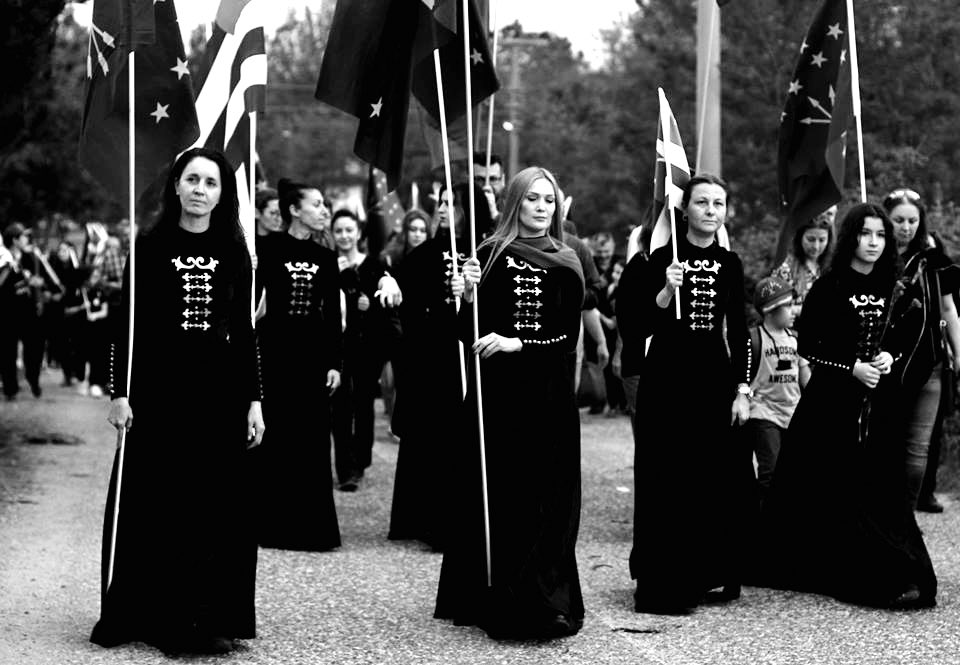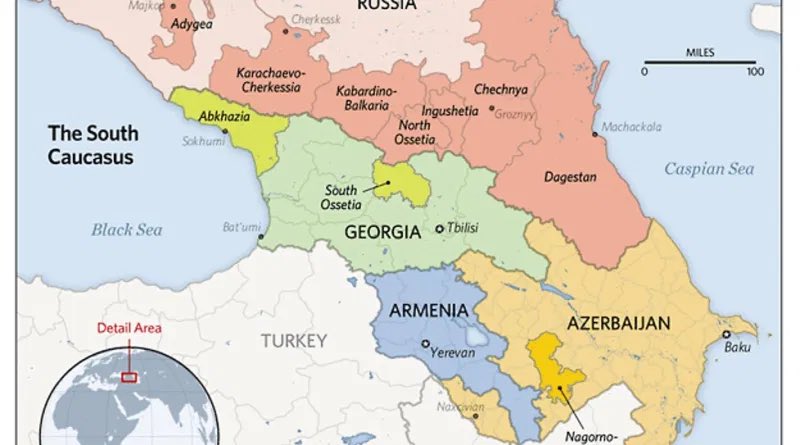
Bringing light to the people, culture, history and beauty of the Caucasus.
How to get URL link on X (Twitter) App





 The rebels were an armed force commanded by Hamzat Gelayev (1964-2004), former prime minister of Ichkeria, which he had recruited from the Pankisi gorge, and consisted of not just Chechens, but volunteers from all over the Caucasus.
The rebels were an armed force commanded by Hamzat Gelayev (1964-2004), former prime minister of Ichkeria, which he had recruited from the Pankisi gorge, and consisted of not just Chechens, but volunteers from all over the Caucasus. 




 Circassians also refer to the genocide as "Tsitsekun", which originates from the Ubykh language. Tevfik Esenç, the last speaker of Ubykh, stated that it means "a massacre so evil that only Satan could think of it". The word comes from "tsʼətsʼa" (people) and "kʷʼə-" (to kill).
Circassians also refer to the genocide as "Tsitsekun", which originates from the Ubykh language. Tevfik Esenç, the last speaker of Ubykh, stated that it means "a massacre so evil that only Satan could think of it". The word comes from "tsʼətsʼa" (people) and "kʷʼə-" (to kill).



 A summary of how the deportation happened, background and reasons, from "Operation Lentil: Soviet Ethnic Cleansing of the Chechens" (2019) by Tom Shattuck
A summary of how the deportation happened, background and reasons, from "Operation Lentil: Soviet Ethnic Cleansing of the Chechens" (2019) by Tom Shattuck 




 What makes the Caucasus special is its placement in Eurasia, between the Russian, Ottoman and Persian empires. Caucasian culture has therefore been influence by Slavic, European, Turkic, Semitic and Persian cultures, in addition to its own unique cultures.
What makes the Caucasus special is its placement in Eurasia, between the Russian, Ottoman and Persian empires. Caucasian culture has therefore been influence by Slavic, European, Turkic, Semitic and Persian cultures, in addition to its own unique cultures.